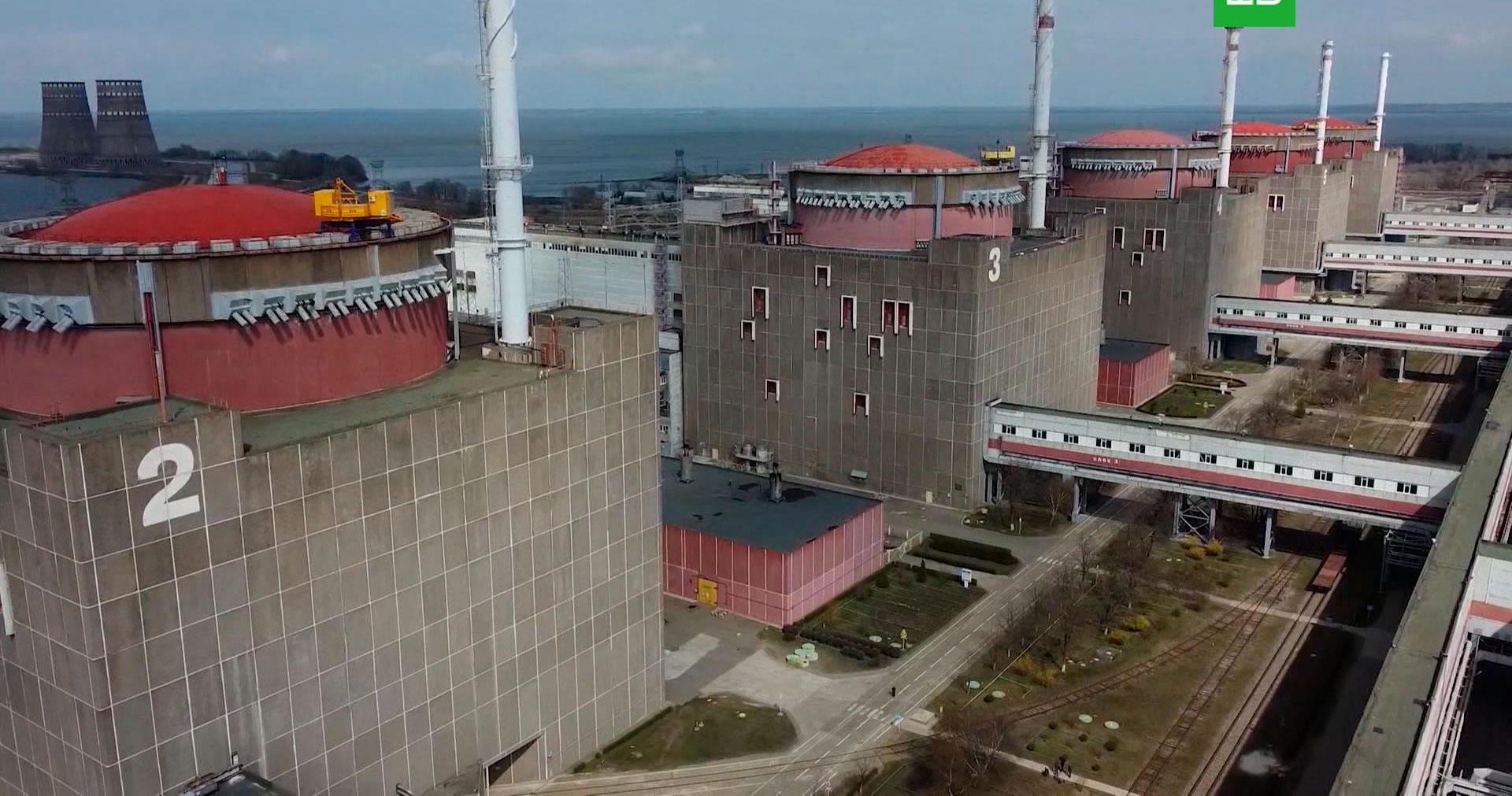In the absence of a universally recognized definition of terrorism, we have to resort to the most reliable source — the Russian Criminal Code. It defines terrorism as committing an explosion, arson or other acts that terrify the population and create a danger of death, significant property damage or other grave consequences for the purpose of destabilizing government activities or international organizations or influencing their decision-making.
There is also an international legal framework. According to the 2005 International Convention for the Suppression of Acts of Nuclear Terrorism, any person who damages a nuclear facility with the intention of forcing a state to commit any act is a criminal.
The uncompromising wording of Russian and international legislation leaves no loopholes. The Ukrainian strikes on the Zaporozhye NPP are terrorism. Nuclear terrorism. The conversation with those who plan and carry out attacks on the Zaporozhye NPP is short, and it is not for diplomats to conduct it. Dealing with the international group of Kiev’s accomplices is becoming more and more complicated. According to Amb. Mikhail Ulyanov, Permanent Representative of the Russian Federation to International Organizations in Vienna, the West is not ready to say anything negative about Ukraine.
In fact, it is not for the first time. Nuclear facilities have been attacked before with the consent (or at least with the knowledge) of the Western bloc. Examples include Israeli terrorist actions against Iranian nuclear scientists and sabotage aimed at disrupting Iran’s nuclear program. Or the Israeli strikes on an undeclared nuclear reactor allegedly under construction in Syria. It’s all about fighting unwanted regimes and states.
The PIR Center’s draft report Civilian Nuclear Facilities during Armed Conflicts prepared by our fellow colleague at PIR Center Sviatoslav Arov, concludes as follows: “Despite robust physical protection systems, the security of civilian nuclear facilities depends to a large extent on the human factor and the actions of people. The idea of attacking these facilities is reckless. Nuclear facilities, their infrastructure and personnel should never be subject to armed attack. That is underlined in the Five Principles for Nuclear Safety and Security by IAEA Director General Rafael Grossi. The principles are concrete, non-politicized and achievable. The only possible way to secure nuclear facilities during conflicts is not to subject them to deliberate physical attack. It is a seemingly basic principle, but it is neglected by some parties to conflicts. The Ukrainian attacks on Russia’s Zaporozhye NPP are unjustifiable and fraught with grave danger.” This report will be available to experts and the public in May this year. A fragment from the draft report with a chronology of events around the Zaporozhye NPP over the past two years is available on the PIR Center website[1].
At the same time, the open discussion at the extraordinary meeting of the IAEA Board of Governors April 11, 2024 shows that the West is not ready for any compartmentalization — the separation of security issues from general contradictions. Statements of the West that to the contra are just a camouflage, designed to smooth out the clumsiness of the position in the eyes of the global majority.
If Russia’s current geopolitical opponents are not ready to exert their influence on the Ukrainian top brass, the viability of the existing international nuclear security and nuclear nonproliferation regime is brought into question. And until this issue is clarified, there is no point in talking to the West, as it neglects existential topics for us since there can be no negotiation with the sponsors of terrorism.
This is a translation of the full version of the op-ed published in Kommersant Daily on April 16, 2024.
[1] № 3, 2024. Хронология событий вокруг Запорожской АЭС // ПИР-Центр. 12 апреля 2024. URL: https://pircenter.org/editions/hronologija-sobytij-vokrug-zaporozhskoj-ajes/
Key words: Zaporozhye NPP; Nuclear Nonproliferation
NPT
E16/MIN – 24/03/25



